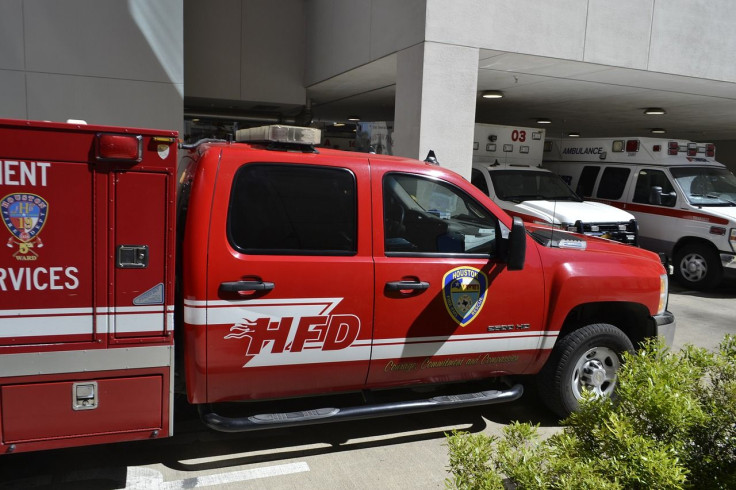A Subtle Sign Your Body Reveals That Warn Of An Impending Heart Attack
KEY POINTS
- A heart attack cannot be predicted, but there are warning signs that you have to be aware of
- Health experts reveal that by taking note of these warning signs, you may also be able to avail of timely interventions
- There is a subtle warning sign that you must know which could tell you of an impending heart attack
Heart attacks occur where there is a blockage in the coronary artery. This blockage causes some of the heart muscles to be denied blood and oxygen. According to the British Heart Foundation, early action to get the blood flowing again to the damaged area of the heart muscle can save the life of the patient. Such timely action could also minimize the amount of permanent damage that the heart muscle may suffer. While heart attack symptoms like discomfort or pain in the chest are easy to spot, there is another symptom that warns you of an impending heart attack.
A Gentle Warning
David Newby, a Professor of Cardiology at the BHF Centre of Research Excellence at the University of Edinburgh, reveals feeling clammy and hot coupled with chest pain is a warning. It is normal to feel that way after working out in a gym or out on a run or because the day is particularly hot. When chest pains accompany the clamminess and the hot feeling, it is time to call an ambulance.

The NHS also made known the other symptoms of an impending heart attack. The health organization said that before the actual attack, you might feel pain in other parts of your body.
A Pain That Travels
This pain may feel as if it is traveling from the chest to the arms. Oftentimes, the left arm is affected, but there are also instances when both arms were affected. You may also feel the pain travel to your back, jaw, neck, and stomach.
Heart attack survivors also report feeling dizzy or lightheaded, accompanied by shortness of breathing. They also said they felt a crushing sense of anxiety similar to that of a panic attack. Some experience bouts of wheezing or coughing, and at the same time, becoming nauseous and vomiting. While chest pains that accompany heart attacks are usually severe, some people report experiencing only minor pains, which is often comparable to pain felt during indigestion.
In other cases, particularly in women patients, people with diabetes, and the elderly, there is the absence of chest pain. The National Health Service recommends tracking the overall pattern of the symptom to help you determine whether a heart attack is happening.
© Copyright IBTimes 2024. All rights reserved.











